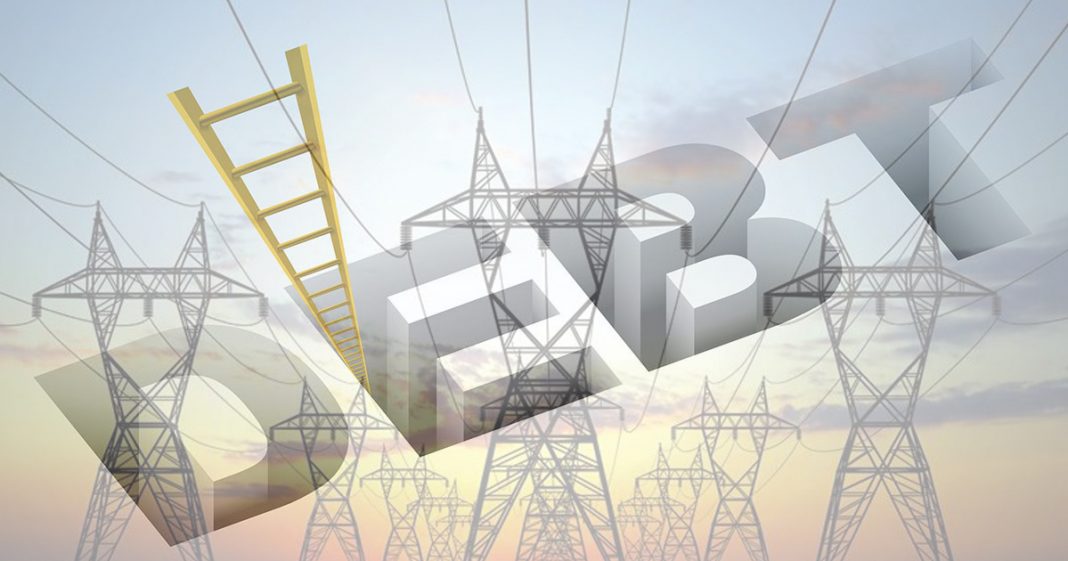In a cabinet meeting on Tuesday, Prime Minister Imran Khan has asked the finance and power ministries to sit together and devise a formula to retire the shockingly high Rs900 billion circular debt in the power sector without putting any additional burden on electricity consumers.
The prime minister expressed concern regarding the fact that circular debt might reach a high of Rs1.5 trillion by 2023.
Speaking at a press conference, Information Minister Fawad Chaudhry said, “The prime minister has asked finance and power ministries to find a way to get rid of the capacity charges issue without increasing electricity tariff.”
According to the national news agency, Dawn, He said that due to inefficient policies of the previous government and production of 40-50 percent excessive electricity capacity charges of plants had increased from Rs450bn to Rs900bn.
Read More: Government missed the deadline to pay IPPs, default notices to be sent
It must be remembered that the government had early on announced that the deals signed with the IPPs the previous were made in a way that was not feasible for the national exchequer as the rates were much higher, and it led to a huge burden on the government’s budget.
The incumbent government tried to sign a renewed deal with the IPPs and just before the deal was approved, National Accountability Bureau stepped in raising suspicions on the feasibility of the deal. Because of the deal signed, the government has to pay money to even dormant IPPs with whom the deal has been made in the past.
Mr. Chaudhry added, “It means that the government has to pay Rs900bn to the power-producing companies whether we use electricity or not. In 2023, which would be an election year, the capacity charges would reach Rs1,500bn, causing an increase in the electricity rate from Rs11.75 to Rs16.44 per unit. The cost of per unit electricity production is Rs22-23.”
According to the minister, the entire burden of this increased rate is born by the consumers of power, and thus it can be detrimental to the working of already struggling industry in Pakistan.
The issue of circular debt could be tackled by shutting down inefficient power production plants, he added. Some have already been closed and the remaining would be shut down by September 2022.
Similarly, the minister said, there were around 11 IPPs were producing 3300 MW electricity at exorbitant rates, adding to the burden. He added, “We are giving Rs600bn to these IPPs. The government is in negotiations for purchasing 11 IPPs so that these could also be shut down as per its policy.”
Read More: ECC may halt payments to IPPs
The minister, however, said the power sector’s line losses had come down from 18.3 percent to 17.8pc despite an increase in electricity tariff, which showed the government’s good performance.














